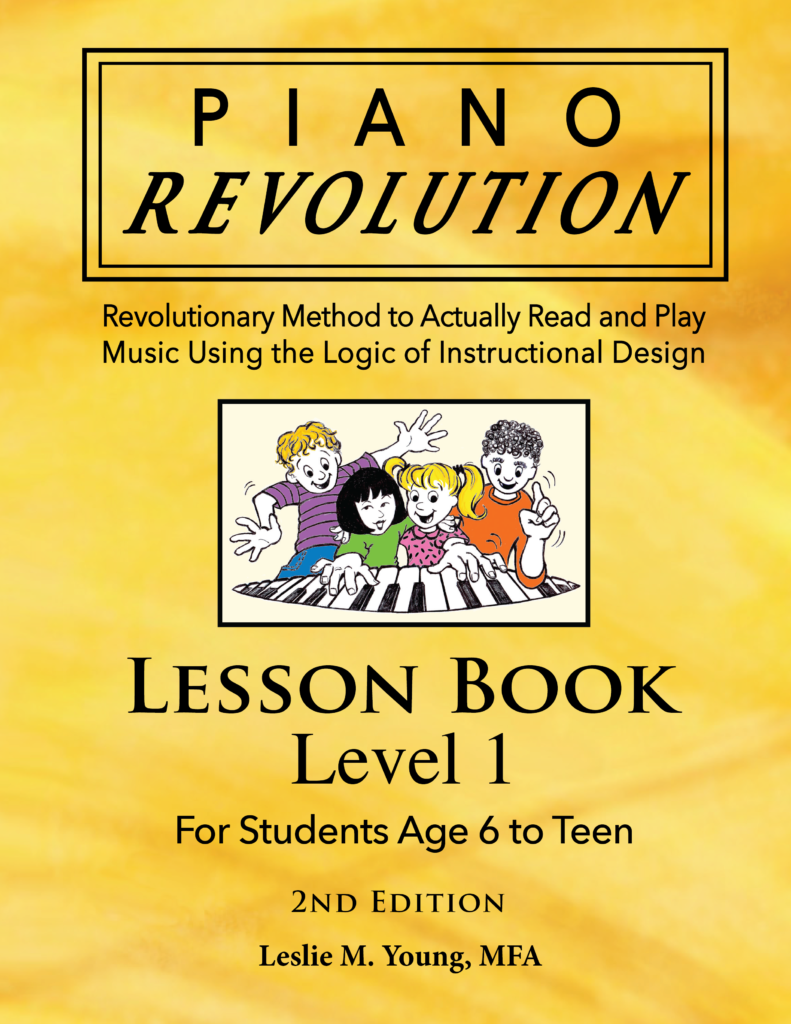How Tiny Changes Can Produce Amazing Results in Piano Performance: Part 3
Tiny Changes Can Produce Amazing Results Over Time
We’ve read how the multiple tiny changes made by the professional British cyclists paid off in major amazing results for a team that had been so poorly functioning that product companies didn’t want to be associated with them! Persistence certainly paid off due to the approach of their performance director, Dave Brailsford.
“If you can get 1% better each day for one year,
you’ll end up 37 times better by the time you’re done.”
Excerpt from Atomic Habits by James Clear
How can you replicate this approach in your piano performance?
In thinking about the changes a person could make to improve overall piano performance, I had decided on two main categories:
1. Improvements in the physical and mental functions in the actual performance
2. Improvements in the environment and the body
Last week I posted about 4 items in the second category, which you can reread:
Room Temperature
Shoe Heel Height
Piano Bench
Seat Cushion
Continuing in this category are two essential areas I ask my students to address before lessons begin because a lack in either definitely affects their clear thinking and performance: Dehydration and Healthy Snacks
Dehydration Affects Performance
I’m a walking poster child for this – I just hate to take the time to drink enough, and it eventually catches up with me. However, my current solution is 10% apple cider/juice with 90% filtered water. The flavor encourages me to repeat drinking all day, plus the sugar content is cut significantly. But what about the science on dehydration . . .
“We find that when people are mildly dehydrated
– Mindy Millard-Stafford – director, Exercise Physiology Laboratory, Georgia Institute of Technology
they really don’t do as well on tasks
that require complex processing or on tasks that
require a lot of their attention.“
Here’s a great article on dehydration. Students frequently come to a lesson visually “wilted.” Perhaps even withdrawn or grumpy. It does less good to start playing piano than to take a minute to have a good drink and quick snack. How simple but significantly effective. Hopefully, refreshing is done before seeing me, but I suspect the usual diversion has to do with electronics that are gratifying. A long drink and some calories can really transform an uncompliant grump into an angel with energy to please!
Snacks that are Good for You

There are plenty of healthy snack items you can keep around to improve certain brain functions and enhance productivity. Here are 50 different brain food snacks you might actually enjoy eating.
Among the list are:
chicken/turkey/ham wraps; turkey jerky; popcorn; quinoa chips; coconut chips; berries in yogurt; string cheese sticks; apples with peanut butter dip; peanut butter on celery sticks or toast; avocado toast or guacamole on toast.
Did you know guacamole comes prepared in a jar – Whoo hoo!
It’s interesting to read about the worst foods and drinks for the body and brain function. This article lists quite a few things, including sugary sodas/drinks, refined carbs and trans fats, highly processed food, and aspartame (sweetener).
These can increase the risk of dementia, brain inflammation and decline, and impaired memory and learning.
“Western-style diets may increase brain inflammation and
– healthline.com
impair memory, learning, brain plasticity and
the blood-brain barrier.”
Food – the right food – is vital to the entire body and how it performs. It’s so easy to pick up and dash out with that not-so-healthy snack, but planning ahead to keep healthy ones around will pay off in many ways. Another consideration in how tiny changes can produce amazing results in piano performance!

Leslie Young is the author/composer of the Revolutionary Piano Method. She co-founded a K-12th grade charter school in Texas and has been a piano teacher for about 40 years. She has had experience teaching a variety of students tackling piano for the first time or as returning student
She states: “In teaching piano to students of varying ages, what also varies is a commitment of time and the amount of dedication. Children of certain ages may do very well with a parent as teacher; others may need someone who is not family to instruct them. Some older children and adults prefer to make progress on their own, and this method is designed to act as a meticulous guide through new material. Some adults and teens insist on professional teachers, which also encourages continuity. Because these books are self-explanatory, a new or experienced professional teacher will have no trouble using the Revolutionary Piano Method with students. It is an easy way to learn piano.”
Leslie believes that “learning to play the piano is more about diligence and perseverance” – but would add that just as critical to success is the method that is used, the encouragement of critical thinking, and the instructional principles that promote immediate success.
What Would the First Lesson for a Young Student Look Like?
What Would the First Lesson for a 6 to Teen Look Like (video)?
View sample pages of all the books for students
ages 6 to teen:
View sample pages of all the books for students
4 to 5 years old:
View sample pages of all the books for older
teens and adults:








